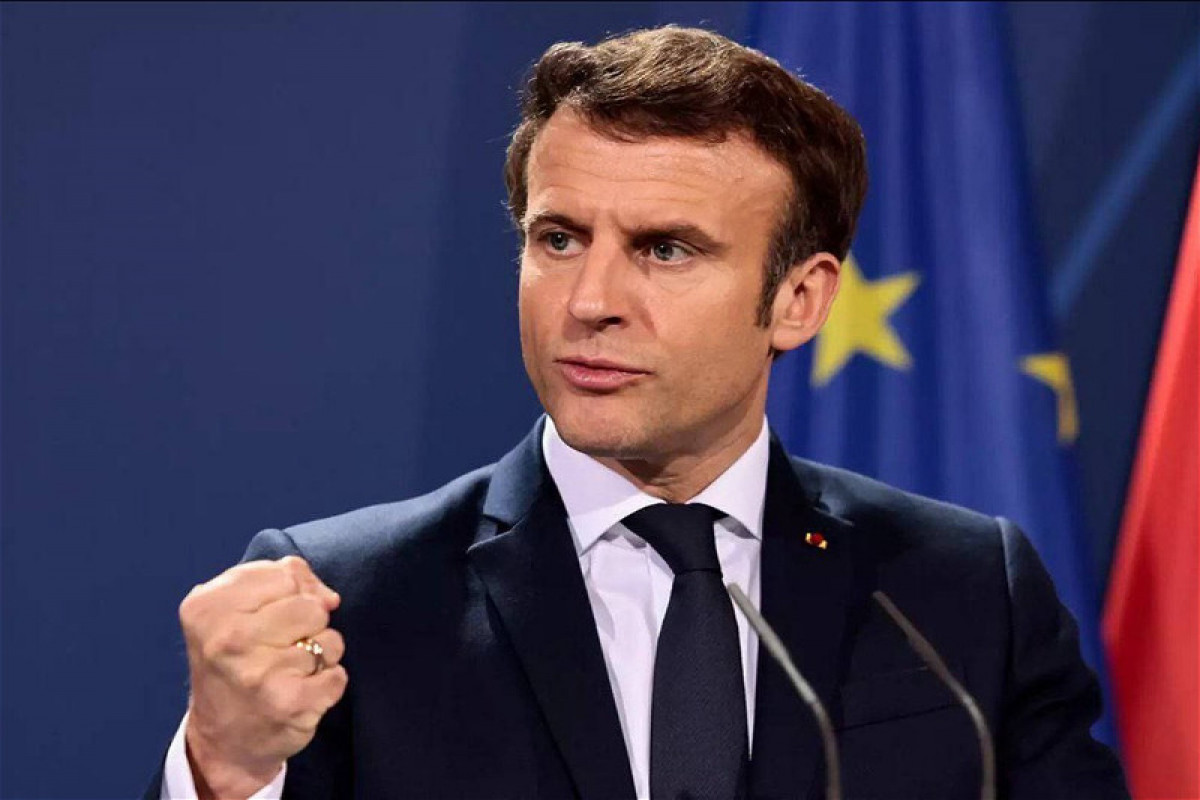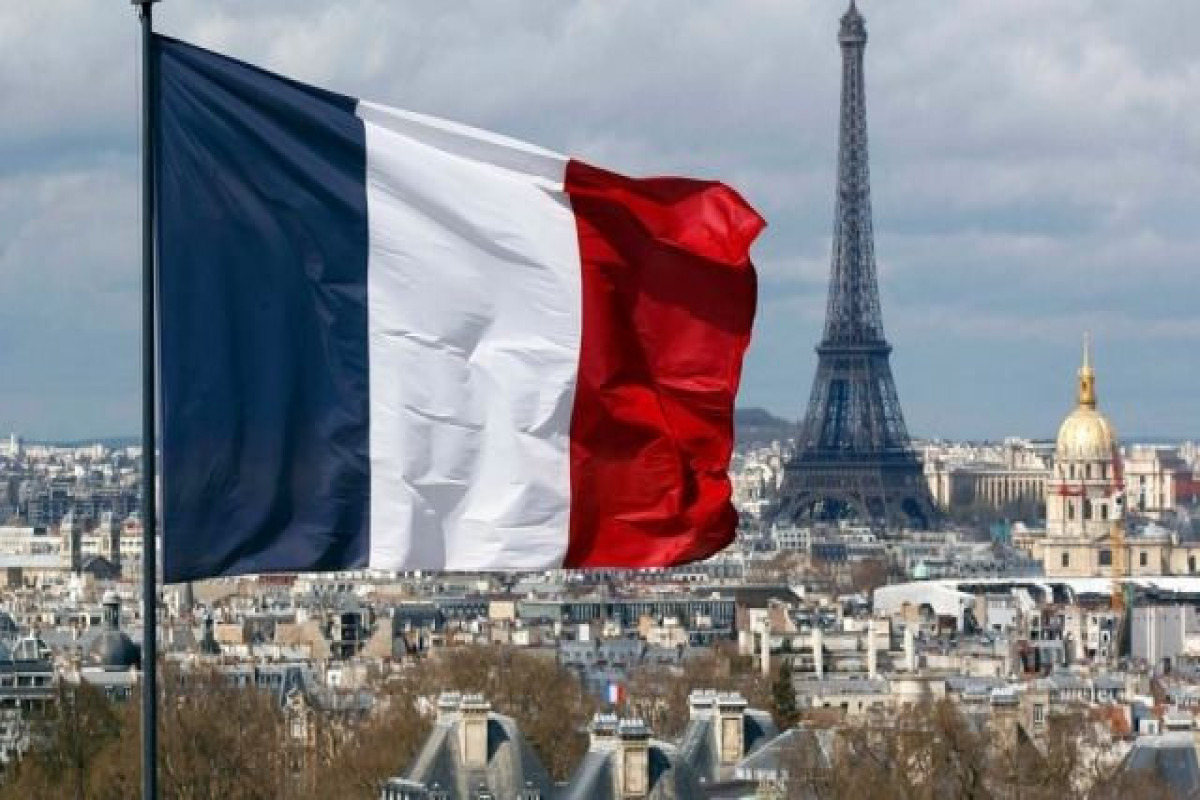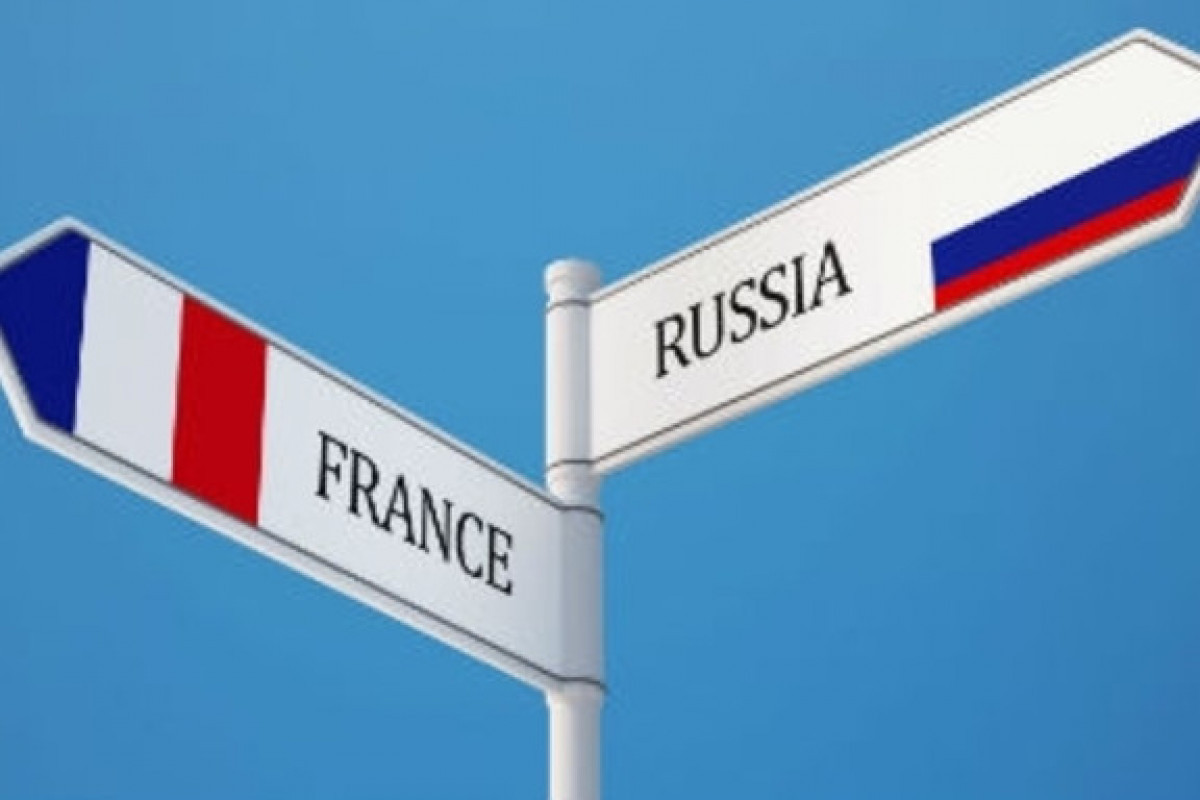It is obvious that the Greek collapse will foremost affect the Eurozone and the whole European Union, and it is equally obvious the impact will be negative. It is understood by all, and so as to avoid a complete collapse a new loan program for Greece worth $86 billion has recently been approved. It was approved by all the countries of the Eurozone, and the funds will be allocated by the European Union, the European Central Bank and the International Monetary Fund. It is expected that the funds will be used to repay the debts of budget, the formation of specific reserves, recapitalize the banking and financial systems. It is also assumed that the country meanwhile activates structural reforms to strengthen the economy.
There are two questions. First, why Europe continues to finance Greece? Second, how to carry out structural reforms, if it does not have the means (because it should be noted that lending funds will be used primarily to repay short-term debt)? There is an answer to the first question, but there’s no answer to the second. In case of no loan is given to Greece, it will result in the country’s bankruptcy and its exit from the Eurozone, which is fraught with unpredictable consequences for the EU itself.
Yet another precedent could arise – Greece's debt burden would be unbearable, as re-introduced drachma would depreciate at once, and external debt - in euros would be even worse. European lenders are likely to have to write off billions of dollars in debt, not only those of the government but also corporative ones. What are even worse, corporate debts cannot even be used for political pressure.
As for the so-called structural reforms, the government of Alexis Tsipras has displayed a very original approach toward them – total sales of state property. The government has already signed the first such deal - 14 regional airports, and at the same time, as local experts say, the basis of the tourism industry of the country was sold to the German company Fraport at 1,230 billion euros. Moreover, it is expected that the approval of Germany's third bailout package was a condition for the government to continue the privatization, and if we consider that it is certain to involve foreign investors it would mean the sale of Greece’s state property to foreign investors at a low cost. Although paradoxical and sad, but in the current situation this is the only way for Greece to get rid of its debts. Otherwise Greeks would have to live with this trouble forever. Moreover, in principle there is nothing wrong - just prejudice pride and national dignity. Perhaps this is the main difficult Tsipras has as he decided to resign and call early elections actually, leaving their future political destiny at the hands of the people.
However, practically to shift the responsibility and right of passing decisions in hopeless condition to the people, at the same time to hope that instead someone solves problems is in itself quite irresponsibility. In any case, today’s situation is such that the country is still in Eurozone, a little money was given for current expenses, then how to say – “The blind man said: Let’s see”.
And above all, the countries that are interested in Greece and tied to Greece with certain projects will have to say “Let’s see”, but these countries are unable to influence the situation in Greece.
And we approach the point of how the happenings may influence others. Under “others”, we mean the countries and large investors, not from the Eurozone. With the Eurozone countries everything is clear: we give you money, you give us everything what we ask for. It’s still difficult to assess the influence of situation in Greece on other countries and investors. Except, portfolio investors – with them now everything is clear, they began loosing a lot of money since the prices of Greek assets and shares declined. Consequently, portfolio investors that invest in Greek securities are experiencing loss. This is a graphic illustration. When the Athens Stock Market resumed its work in August after a month-break, the main index fell by 25 percent.
Strategic investors, mainly consisting of state companies, have not lost anything yet, and what's more, it is likely that they will gain more than lose. Let us explain. There are two important points. First, Greece’s debts exceeded GDP two times, which means that the new loan program in no way is not able to lead the country out of crisis. The given loans are just a kind of respite, and it’s possible to predict that Greece will be declared in default after a while. Even if the country starts structural reforms, this process will not be able to eliminate the crisis. So, once again there is a risk of the country’s exit from the Eurozone, because it is forced to try itself to first solve the financial crisis thanks to the monetary policy. This may happen sooner if radical powers that promised to determine their own fate come to power. Quitting the Eurozone will be a problem for the new government, but in the end the ability to issue its own money and to regulate the monetary policy independently may be the only way out of the crisis. In this case, the political influence of the EU will significantly weaken, and if the government pursues a policy of attracting strategic investment without political conditions, non-European countries can get access to many attractive assets. Now, this is impossible since the political control passes to the EU and Germany. Let’s consider this mechanism holding SOCAR up as an example. Recall that SOCAR purchased 66%-stake of DESFA, however, the transaction delays due to EU antimonopoly structures. Now, there is hearsay that SOCAR will sell a part of its share in DESFA to European countries and will have 49 percent. However, if the Greek government itself decides steps to be taken, then countries like Azerbaijan, Turkey, Russia and China will have access to the country’s assets. However, the EU is trying to prevent this opportunity. In other words, Greece’s exit from the Eurozone is dangerous primarily for the Eurozone itself. Moreover, it could set a precedent when other Eurozone countries, feel now anxiously (such as Spain, Portugal), will begin to think seriously about a similar step.
If we do not mention the financial loss, abuse of various kinds of financial, debt and credit relations, all this means the loss of enormous political influence on Greece. Greece is indebted to the European Central Bank in amount of €50 bln. Almost with absolute certainty we can say that most of this debt in the event of withdrawal from the Eurozone will not be refunded.
You can not forget the macroeconomic situation that will emerge immediately after the introduction of the drachma which lacks real sector and sufficient reserves. The drachma will quickly depreciate, the purchasing power of the population who will generate revenue in the drachma instead of euro will reduce, prices in the trade sector will begin to increase, and so on. All this will lead to the fact that the ability of the public and private sector to return its debt in the euro will reduce catastrophically. Additional funding will be needed to maintain the rate of the drachma, because printing money uncontrollably is very dangerous, and the government will have to attract investment in exchange for strategic assets event without any political conditions. And here third countries, as well as large and medium-sized European investors, which have nothing to do with politics, will be dominant. DESFA is a good example in this regard. When this company was offered for sale, the main buyers were SOCAR and Gazprom, the companies from third countries. It turns out that Greece's potential exit from the Eurozone, as well as its avoidance of the influence of the EU and especially Germany as the main financial donor is profitable for third countries. As long as the situation is in limbo, third countries need to wait for the developments. Although the Greek developments do not have a direct impact on third countries, the concept of “profit” has not been cancelled.
True, there is one more thing that can impress fear to strategic investors of third countries which are interested in Greece. Let’s again return to the example of DESFA.
Oddly enough, the demand (or proposal) to reduce the share of SOCAR up to 49 percent and transfer the remaining 17 percent to a number of European companies comes from the Greek Government not from the bodies of the European Union. During the economic crisis, leading to too frequent changes of government, we can not deny the possibility of reviewing certain transactions and contracts. At the moment, this is the main danger to third countries. For example, the Trans Adriatic Pipeline (TAP) is fully supported by the EU as an element of the diversification of gas imports. However, some changes have already begun, as DESFA may be considered as one of the components of the gas pipelines passing through the territories of Greece, Albania and Italy. And if things end up that SOCAR will select 17 percent and will give European companies, it is not so bad. In short, the crisis in the country is potentially very attractive for a strategic investment, because the crisis is a good opportunity to buy. But political uncertainty and complete dependence on the decisions of the EU is a negative factor. If Greece lacks an independent government, to attract strategic investors from third countries as a way out of the crisis will be, to put it mildly, difficult. Of course, the sale of Greek assets to Europeans will be an output, but the split in Tsipras’s party shows that everyone does not agree with it. And while Greece receives loans from the EU, which is obviously not an option, it is only an extension of agony.
Vahab Rzayev, exclusively for the APA Analytical Center






 ANALYSIS'>
ANALYSIS'>
